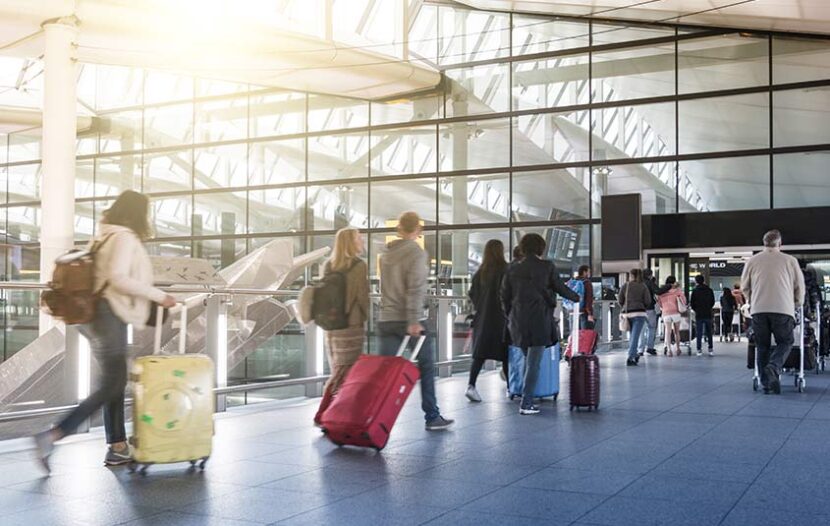MONTREAL — Coinciding with yesterday’s emergency meeting of the federal government’s Transport Committee on the holiday air travel delays and cancellations, Air Canada has released an overview of its December 2022 operations.
The airline says it made extensive preparations for the winter holiday season, typically one of the peak travel periods of the year.
Some 2.18 million passengers were safely transported on nearly 17,000 flights with Air Canada over the holiday season.
STAFFING
For December 2022, Air Canada had 35,681 employees, an increase of more than 1,000 from pre-pandemic, December 2019, when it had 34,653 employees.
Despite having more staff, the carrier operated less capacity in December 2022, measured by seats flown, at 85% of its December 2019 capacity. Air Canada notes having more people at the airline to operate less flying ensured more employee resources were available per customer than prior to the pandemic.
OPERATIONS
The carrier says that although severe winter weather across North America disrupted all travel modes, Air Canada operated continuously throughout, and from Dec. 22 to Jan. 8, it flew approximately 17,000 flights, averaging nearly 1,000 daily flights or approximately one departure every 90 seconds each day.
Air Canada’s daily flight completion rate was 91.5% and its international flight completion rate was 98.3%.
BAGGAGE
Air Canada delivered bags with their customers at rate of 97.3%. This rate has improved to 98.7% in the last few days. The airline noted that winter disruptions can result in an increase in delayed baggage for reasons both within and outside the carrier’s control.
“Baggage can be delayed by misconnections between arriving and departing flights, off-schedule ground handling operations due to flight delays, and issues with third party suppliers, such as airport baggage handling system malfunctions,” says the airline. “For a carrier such as Air Canada with a high percentage of connecting customers – 30% during the holiday period – baggage delays are exacerbated by flight delays, as customers can make connecting flights but their baggage may not. Additionally, high customer volumes over the period can slow baggage recovery as flights are full, limiting aircraft capacity and resources to transport delayed bags so they can be reunited with customers.”
CUSTOMER CARE
Recognizing the impact of the weather upon the air transport system, Air Canada says it voluntarily implemented a goodwill rebooking policy during the holidays. This gave customers who wished to change their flights the option to do so at no cost. Additionally, it allowed customers who no longer wanted to fly to cancel their flight for any reason and receive a full refund.
For those whose flights were cancelled, Air Canada, as per its regular policy, offered a full refund or alternatively offered to rebook customers, although due to high customer volumes such opportunities were limited. During the peak of bad weather from Dec. 23 – 27, more than 107,000 customers whose flights were cancelled were successfully rebooked. The carrier set aside from its fleet 15 aircraft that were not scheduled to be available for spare capacity and it operated 324 extra flights, making 45,000 seats available to transport customers whose flights were cancelled.
More information on how Air Canada transports its customers safely in winter can be found at the airline’s winter travel page.

